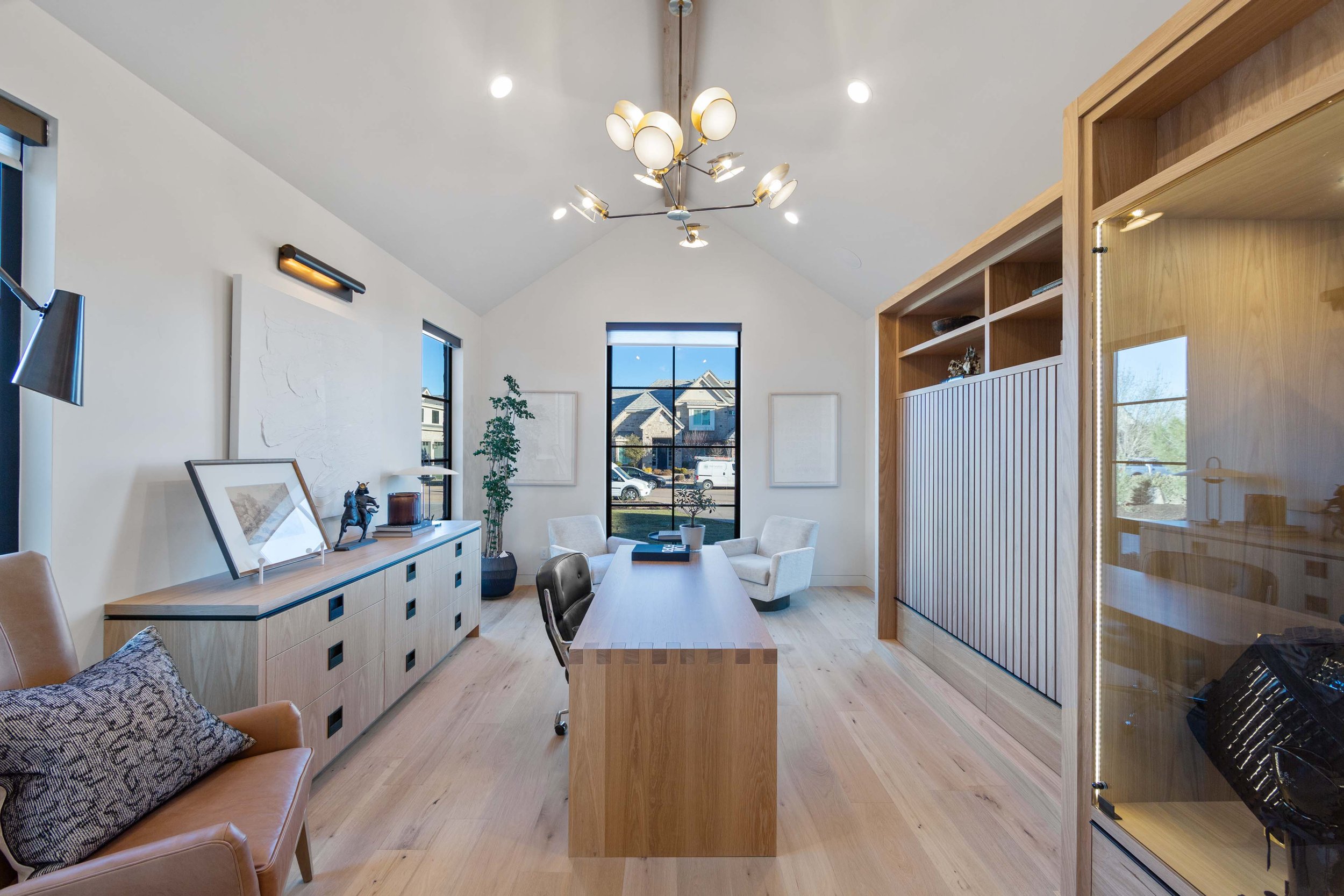
1031 Exchange
1031 Exchange in El Dorado Hills: Rules, Deadlines & Local Tips
How El Dorado County investors defer capital gains tax when selling & buying investment real estate.

What is a 1031 exchange? It’s a federal tax-deferral strategy (IRC §1031) that lets you sell qualifying investment or business real property and purchase “like-kind” real property while deferring capital gains and depreciation recapture. The Menser Real Estate Group coordinates with your Qualified Intermediary (QI), escrow and title so timelines, funds flow, and documents are handled correctly in El Dorado Hills and surrounding markets.
How it works (quick)
- Engage a Qualified Intermediary before closing.
- Proceeds go to the QI (you can’t take possession).
- Identify replacements in 45 days.
- Close on replacement(s) in 180 days.
- Reinvest all cash & match or increase debt to avoid “boot.”
Like-kind (what qualifies)
- Real property only (post-2018). Land, rentals, multifamily, commercial, DST interests.
- Primary residences don’t qualify; mixed-use portions can.
- No partnership/LLC interests; TIC interests in real estate are OK.
Identification rules
- 3-Property Rule: name up to three; buy any one or more.
- 200% Rule: name many, but total FMV ≤ 200% of what you sold.
- 95% Rule: acquire ≥ 95% of the value you identified.
Key Deadlines & Money Rules
- 45/180 clocks run together: Day 1 is the day after your sale closes.
- Identification must be written and delivered to the QI; keep backups.
- Boot is taxable: any cash out or debt relief (mortgage goes down) is generally recognized.
- Exchange expenses: some closing costs can be paid with exchange funds without creating boot; others may not—coordinate with the QI/CPA.
California & El Dorado County Notes
- State reporting: If you exchange CA property for out-of-state property, California requires ongoing reporting (e.g., FTB Form 3840) and may recapture deferred tax if/when the replacement is sold. Consult your tax advisor.
- Local closings: In El Dorado County, escrow/title coordinate directly with your QI. Transfer-tax and fee splits are negotiable; custom often has the seller cover county transfer tax.
- Property taxes: A 1031 defers income tax; it does not transfer your assessed value (Prop 13/19 rules are separate).
Advanced Options
- Reverse exchange: Acquire first, sell later using an “exchange accommodation titleholder.”
- Improvement exchange: Build or improve during the exchange with QI/EAT oversight.
- Related-party swaps: Strict two-year holding periods and anti-abuse rules apply.
- Vacation-home safe harbor: To convert a second home to investment, follow the rental-use tests (e.g., rent ≥ 14 days/year and limit personal use) before exchanging.
Common Pitfalls to Avoid
- Setting up the QI after you’re already in escrow—too late.
- Missing the 45-day ID deadline or naming properties too broadly.
- Receiving funds or benefits (constructive receipt) from escrow.
- Under-reinvesting (cash out or lower debt) and creating unintended boot.
- Ignoring California reporting on out-of-state replacements.
Plan a clean 1031 in El Dorado Hills
We’ll build your timeline, coordinate a vetted Qualified Intermediary, and source on-market/off-market replacements that match your goals.
Call (916) 586-7766 Email Menser Real Estate Group
Disclaimer: Educational only—not tax or legal advice. Always confirm eligibility and structures with your CPA/attorney/QI.
1031 Exchange — Frequently Asked Questions
Does my primary residence qualify?
What counts as “like-kind”?
How strict are the 45- and 180-day deadlines?
What is “boot”?
Can I live in my replacement later?
What’s different in California?

Ready to get started?
If you are looking to sell your home, the Menser Real Estate Group will provide a full-service marketing and branding platform, powered by an exclusive multi-channel selling approach.
